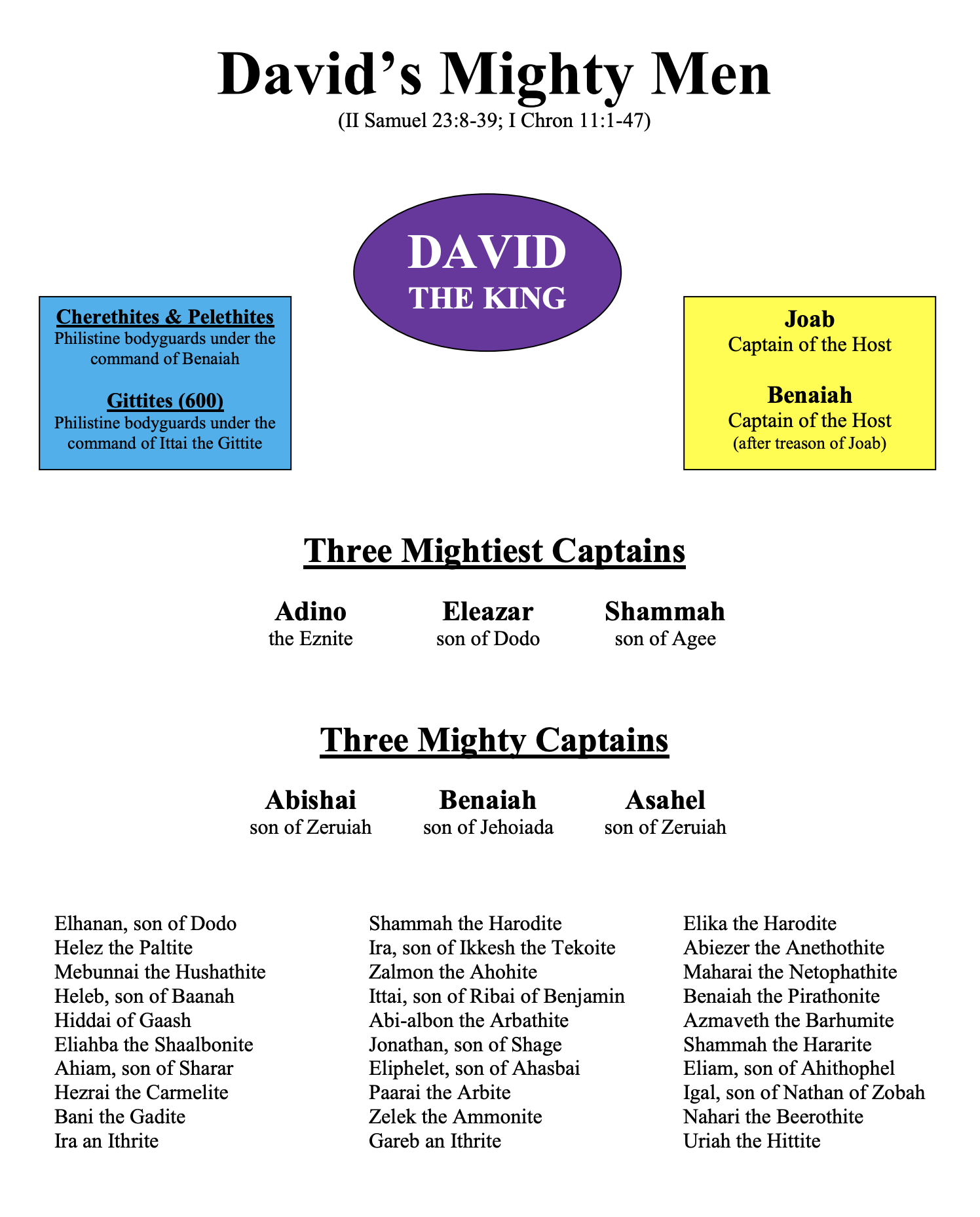
“And such as do wickedly against the covenant shall he corrupt by flatteries:
but the people that do know their God shall be strong, and do exploits.”
Daniel 11:32
“Watch ye, stand fast in the faith, quit you like men, be strong.”
I Corinthians 16:13
“If any man love not the Lord Jesus Christ, let him be Anathema Maranatha.”
I Corinthians 16:22
